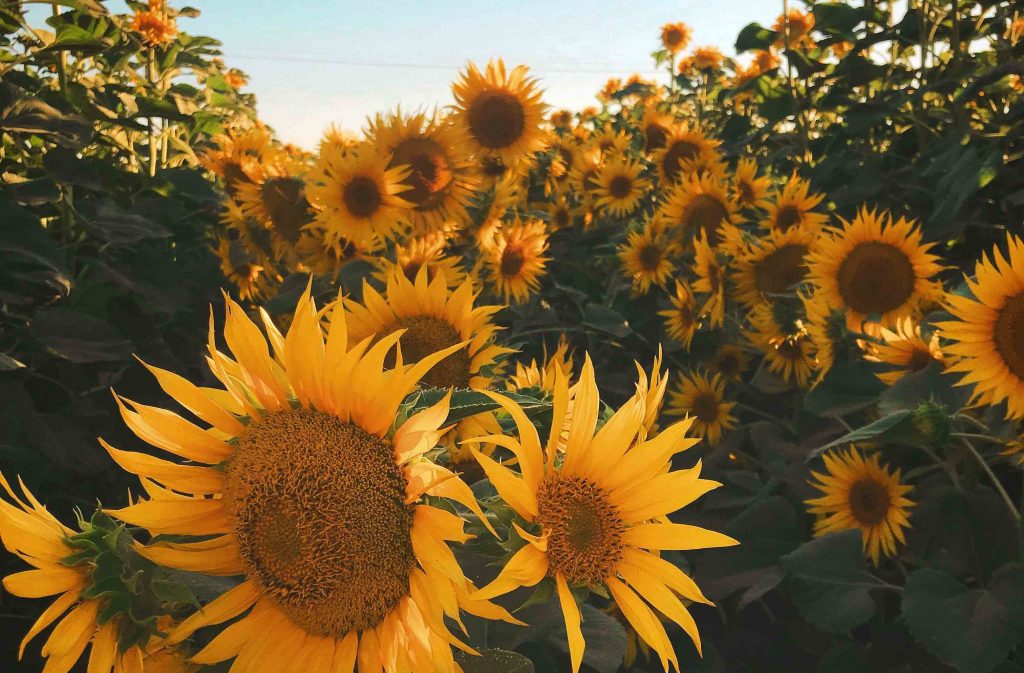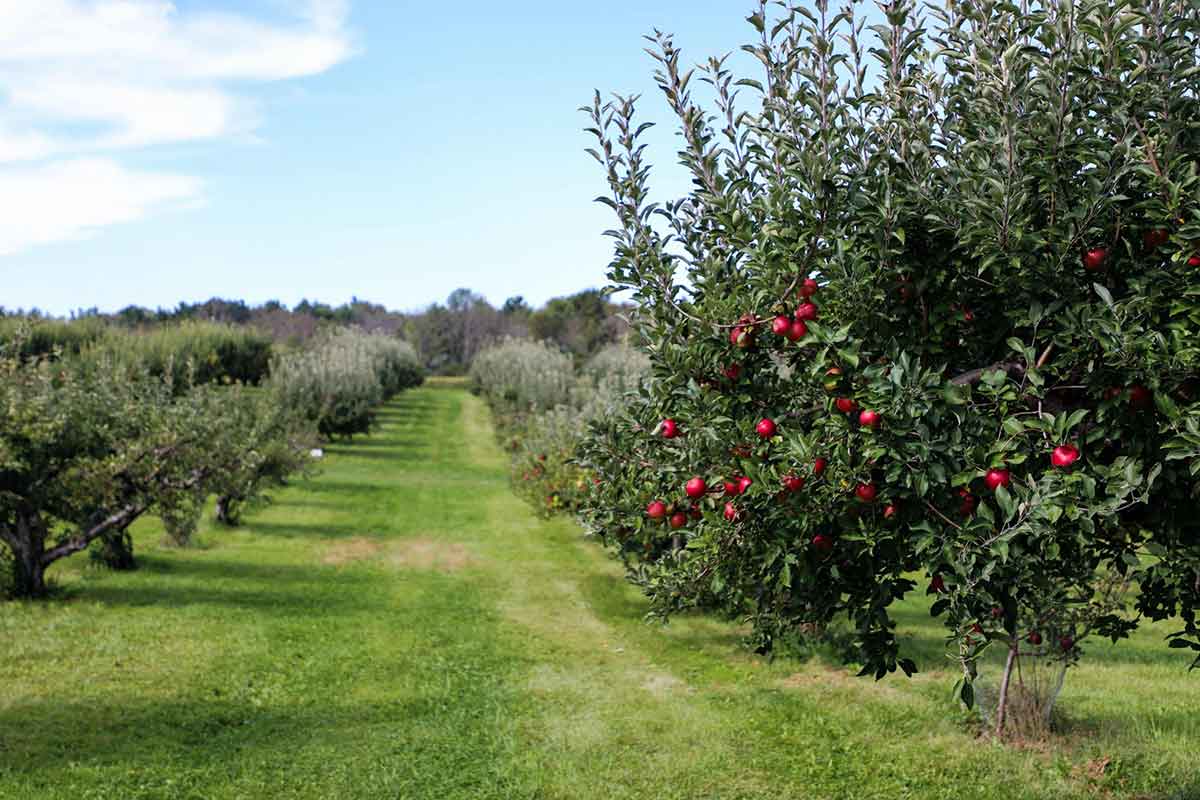The harvest season marks a crucial point in the calendar for farmers, gardeners and smallholders here in the UK. Harvest is an exciting time for anyone involved in the process of developing a crop. It means they are finally able to cash in on the fruits of their labour after months of careful preparation.
A historic tradition
The word ‘harvest’ comes from the Old English word ‘hærfest’, which literally means autumn. Or the season during which people have always gathered to collect their crops.
Traditional harvest celebrations pre-date Christianity. They were spiritual affairs that saw whole villages rejoice and offer thanks to gods, spirits and saints for a bountiful year. Saxon farmers even crafted corn dolls out of the last sheath of the year. These they kept until the following spring to appease the Corn Spirit and guarantee the success of future harvests.
Harvest festivals still occur to this day to celebrate the success of local produce. This is usually around the time of the harvest moon in late September. And while the harvest isn’t celebrated in the same way in the modern world, it remains one of the most crucial times of the year for farmers. Many families’ livelihoods still depend on it for food and income.
Although the harvesting process is over in a matter of days, many months of work go into preparing a successful crop throughout the year. No wonder people thought it was worthwhile to pray for good weather back in the day!
You reap what you sow
The harvest of crops grown outdoors typically begins in late September and early October, anticipating the colder autumn weather. And it’s not just large-scale farms that produce the goods! Smallholdings and orchards in the UK can also produce a wealth of delicious produce, such as fruit, vegetables, nuts and herbs. But to grow a successful crop, the area it’s planted in must be carefully maintained.
Orchards are full of fruit trees, making them more challenging to access and navigate with large machinery. As such, the equipment needed to maintain the land must be compact. Hedges can also shield trees from harsh winds, so they must be cut back using an attachment like a flail hedge cutter . This prevents them from encroaching on the other plants’ access to sunlight.
Weeds, flowers and plants are also bad news for smallholding or orchard owners, as they compete with crops and fruit and nut trees for nutrients. Regular mowing with the Winton Verge Flail Mower WVF130 or Winton Sub-Compact Flail WCF85 Mower can prevent unwanted plants from gaining a foothold in your smallholding or getting in between the trees of your orchard — and creates mulch cuttings for better nutrients in the soil.
When the fruit and nuts have been shaken from their trees or the vegetables and herbs harvested from the ground, they must be transported and stored quickly to avoid unnecessary waste. So, harvesters also need a good-quality tipping trailer and transport box to optimise the harvesting process and make the most of the year’s produce.
We supply a range of equipment that’ll make the maintenance and harvest of your smallholding or orchard much easier. Give us a call to discuss what product is right for you!








